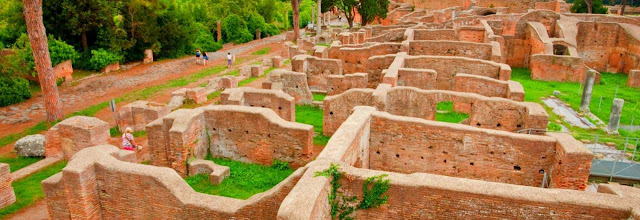The quaestors were originally assistants of the consuls and, as such, chosen, in all probability, by the consuls themselves. In historical times, however, they are elected in the comitia tributa and count as magistrates of the Roman people. The number, originally two, was raised in 421 to four, and about 236 another four were appointed to assist the consuls in the administration of Italy. Sulla raised the number to twenty.
The duties of the quaestors are partly the result of their originally subordinate position and partly indicative of the independent status they afterwards attained. The two urban quaestors are, in essentials, independent magistrates. With their financial functions, which are the most important, we have already dealt, but they also had duties in connection with criminal justice. It had become a principle that the consul must not himself defend a sentence before the people on appeal, the reason being, no doubt, that it would be inconsistent with his dignity if the people reversed his decision. In criminal jurisdiction the consuls were therefore always represented by the quaestors, or in cases of treason by the duoviri perduellionis. These representatives both issue the sentence and conduct the appeal before the people.
Those quaestors, on the other land, who are attached to magistrates with imperium outside the city are in a more dependent position. Though their chief duties were financial, they were used by their superiors as delegates in all types of duty, military, administrative and even judicial. The relationship between the higher magistrate and his quaestor was considered to be a personal one, and when the superior's office was prolonged, that of his subordinate was regularly prolonged also. Those quaestors, however, who were concerned with the administration of Italy, though strictly subordinate to the consuls, had in fact definite posts allotted to them which they administered with considerable independence. Not all these positions are known, but there was one at Ostia, concerned with the corn supply, and another appears to have been concerned with the department of "woods and forests".
----------
- The republican constitution
+ The republican constitution: Elements
+ The struggle between the orders
+ The assemblies of the people
+ Characteristics and procedure of roman assemblies
+ The Senate
+ The consulate
+ The praetorship
+ The aedileship
+ The censorship
+ The tribunate
+ The dictatorship
+ The minor magistrates
----------
Source:
Historical introduction to the study of Roman law, H. F. Jolowicz, pages 49 - 50.
